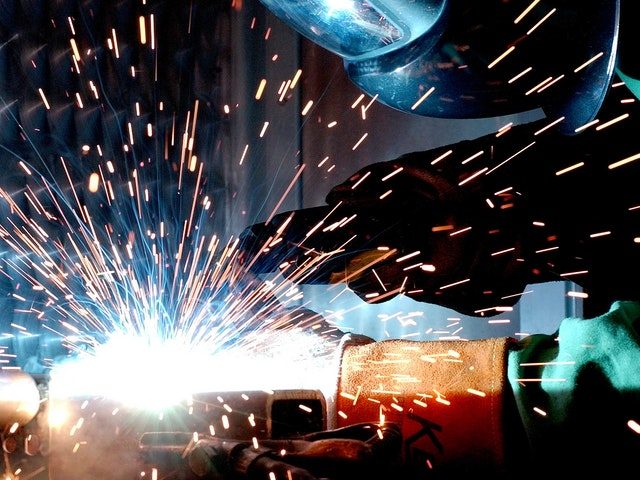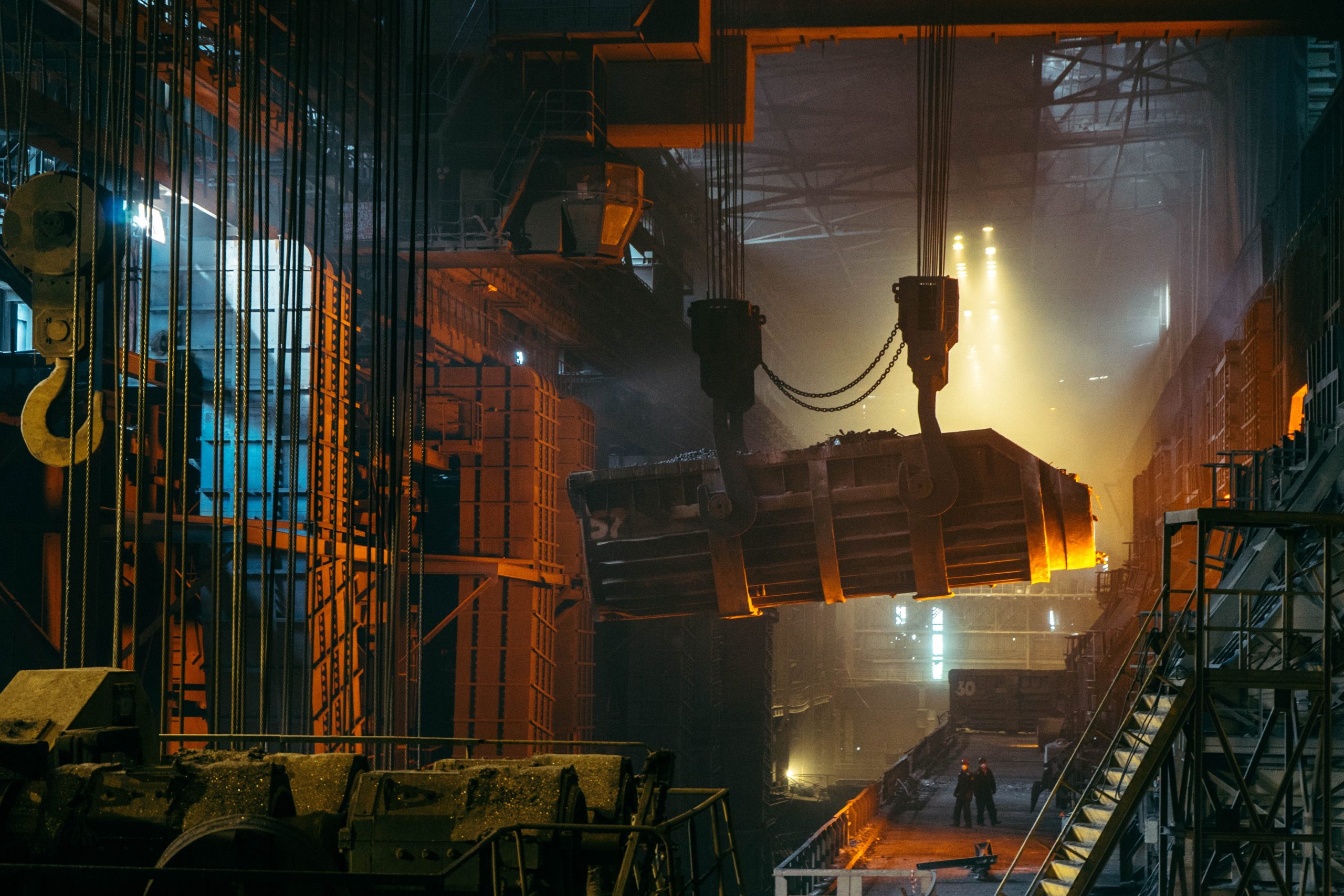A hydraulic system is one of the best ways to generate a lot of force, as they can provide high pressure with small amounts of hydraulic fluid. According to the US based hydraulic component manufacturer, Air & Hydraulic Equipment, one of the main ways these systems are being used, is to manufacture airplanes – a process that requires high precision and power to be done properly. Ahead, you will learn about more of the exciting areas of use for hydraulic systems in manufacturing, as well as its importance.
What Is a Hydraulic System and What Role Does It Play in Manufacturing?
A hydraulic system is a system of liquids, gases, and solids that are used to transfer, store, and distribute energy at a point. It consists of the fluid moving through a closed pipe or tube which can be controlled by valves that allow for pressure to be applied or released to the fluid.
The hydraulic fluid is then transferred to another location where it can be used for power generation or cooling purposes. These systems are beneficial because they are simple and very efficient. They generate usable power by using the force created by the fluid flowing through pipes.
Foundries, for example, are typically made from a hydraulic system. These systems transfer hydraulic fluid through a network of pipes and valves. The fluid is used to transfer pressure from the pumps to the casting. In this way, hydraulics are a crucial component of manufacturing and casting steel.
4 Benefits of Using a Hydraulic System in Manufacturing
There are four main benefits of using a hydraulic system in manufacturing, as shared by the leading Norwegian manufacturer of hydraulic components, Hydraulikkteteknikk:
- Hydraulic systems are more efficient than pneumatic systems because they use less energy and emit less heat.
- Hydraulic systems are more flexible, which can be useful during design revisions, as well as for optimizing production lines.
- A hydraulic system allows for greater control over machine settings, which can help reduce wasted time and errors in production processes.
- A hydraulic system allows for seamless integration of new products into existing manufacturing lines because it can be easily adjusted with minimal work needed.
Areas of Use for Hydraulic Systems in Manufacturing
Hydraulic systems are a popular choice in manufacturing. They help to reduce costs by allowing materials processing without the need for additional power sources. These systems have taken on a wide range of applications in manufacturing, including food and beverage, petrochemical, automotive, and aerospace industries. They help to increase efficiency and throughput rates by reducing the number of parts needed for each task.
To conclude, there are many benefits and areas of use for hydraulic systems in different manufacturing processes, and as new inventions are made, we will definitely keep seeing new and better methods of producing things with the help of hydraulic power.














